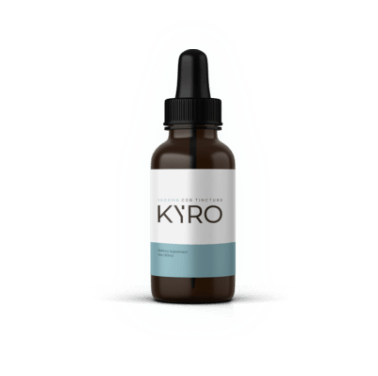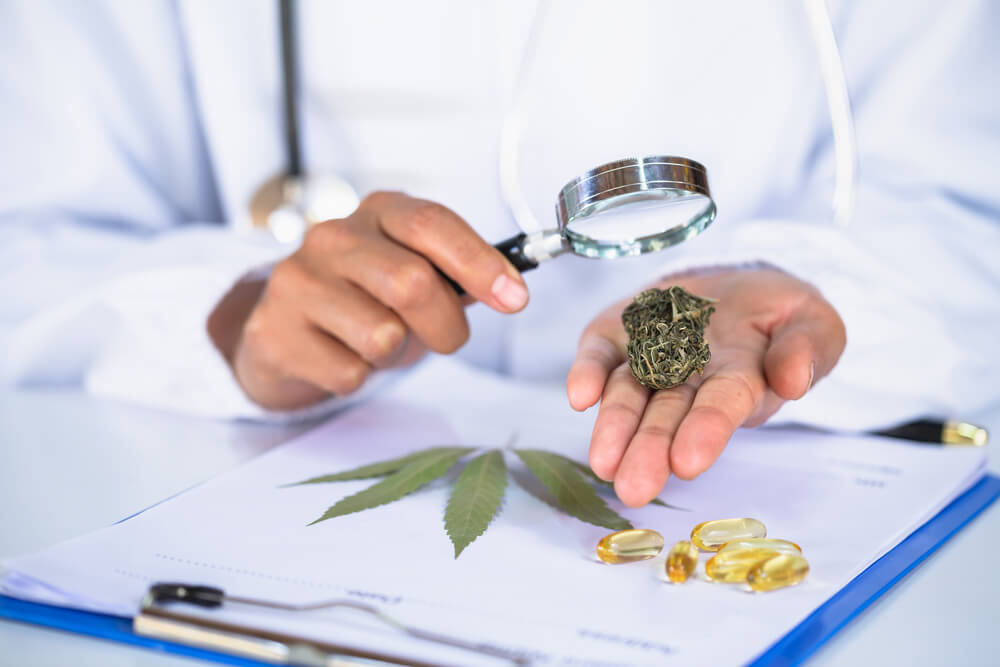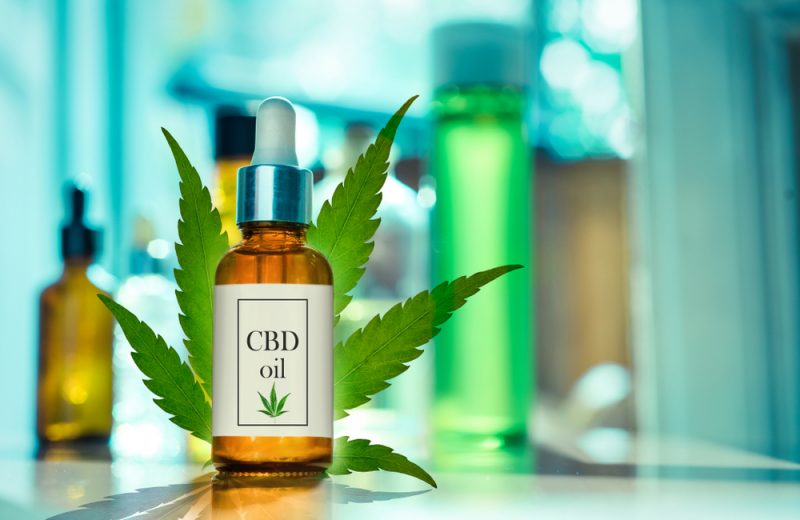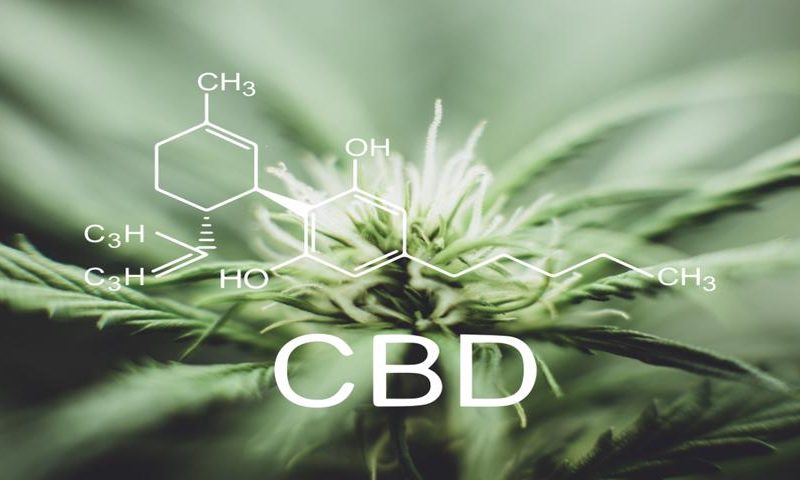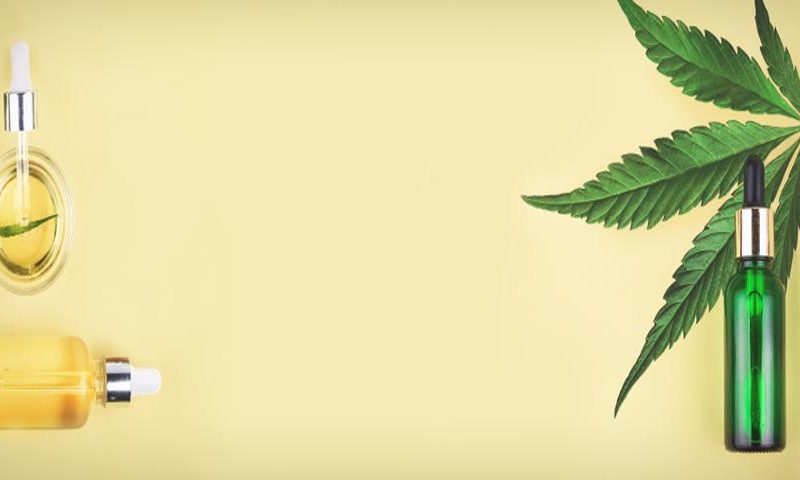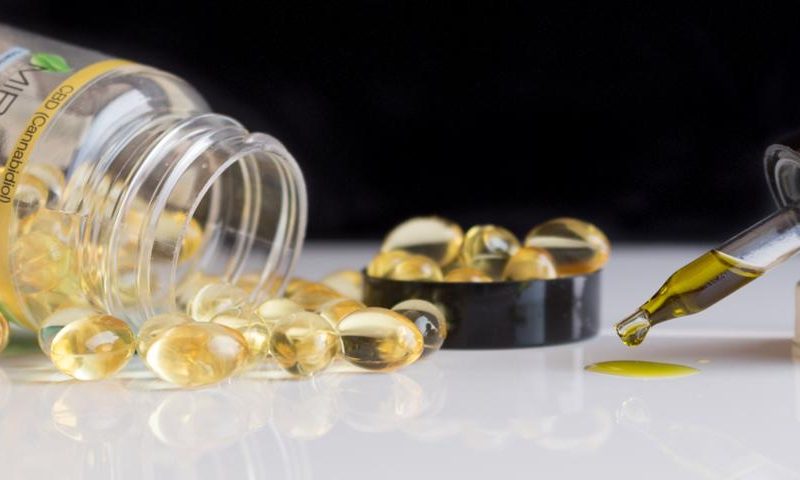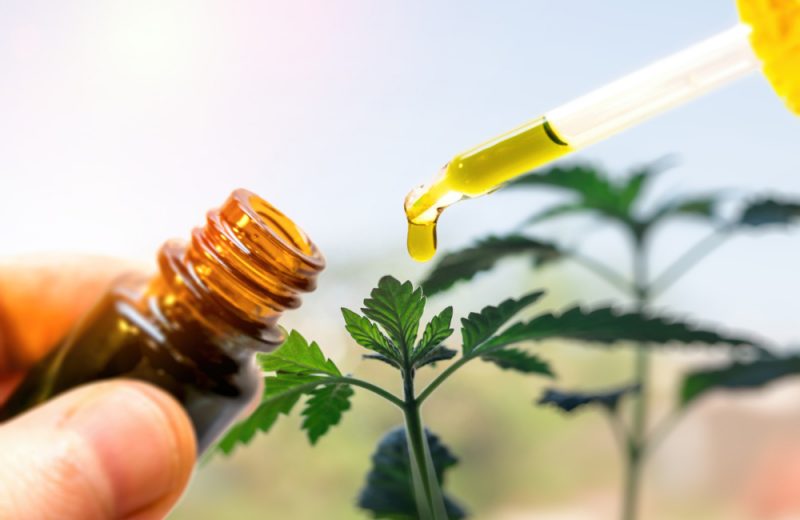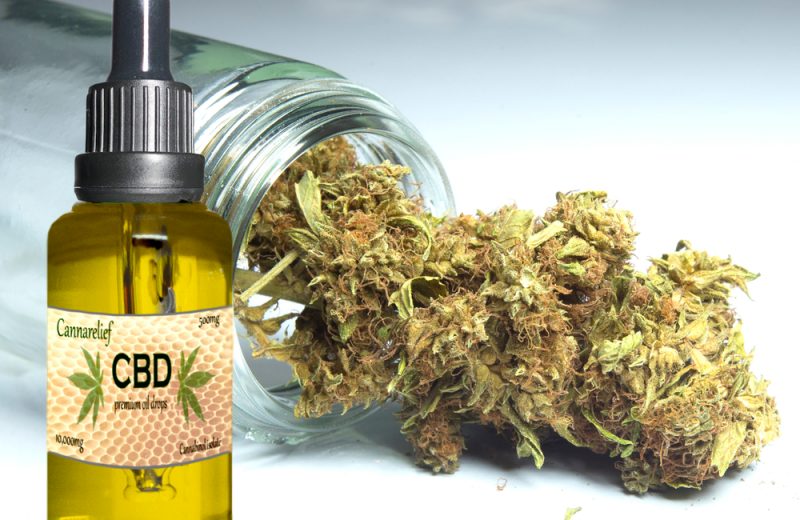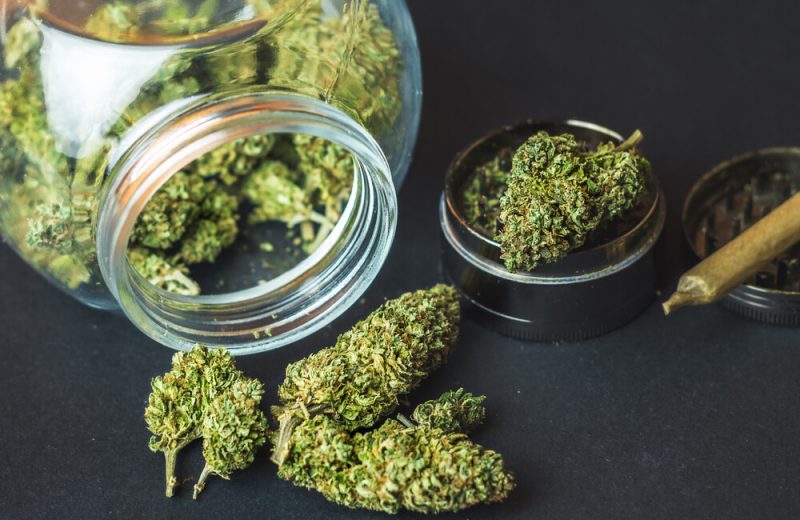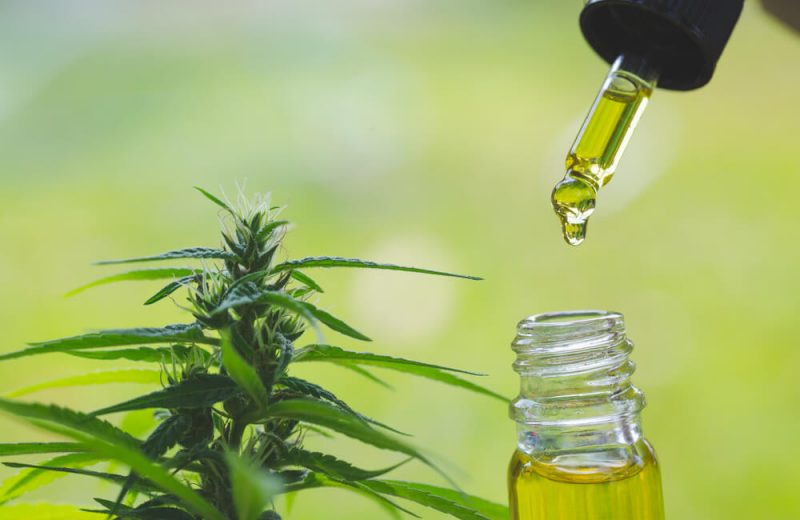A Wisconsin company is working with the NCAA to study the effects of CBD on pain.
Botanics & Health Inc, which manufactures the topical CBD lotion Tru-Releaf, is partnering up with student-athletes from UW-Stevens Point and Northern Illinois University.
The study will investigate how effective Tru-Releaf is as a pain reliever and whether it increases levels of THC or CBD in the body.
Botanics & Health CEO Michael Schultz said, “The NCAA is very excited to see results of this. Because they are all looking for ways that athletes can get a better rehab and better pain relief without relying on opiates, or ibuprofens, or NSAIDs.”
The company grows, tests, and extracts its own hemp in Wisconsin and creates its lotion in-house. Schultz said the company takes a “holistic approach,” and the hemp strain they use is vetted by both the DEA and FDA.
The first phase of the study will start in two weeks, followed by a second phase involving the student-athletes.
CBD, or cannabidiol, was legalized in 2018 when the Farm Bill was signed by President Trump. Unlike cannabis, it does not contain a large amount of THC, the psychoactive chemical responsible for getting weed smokers “high.”
On its website, Tru-Releaf is described as a “fast and effective relief from chronic pain and spasticity.” It is said to be made from “all-natural and organic ingredients” with “users nationwide” experiencing “total pain relief.”
The website adds, “TRU-RELEAF™ is the first full-spectrum CBD lotion that delivers fast, effective and long-lasting pain relief using our own proprietary non-GMO natural and organic materials locally sourced in the USA. Use as directed for fast, powerful and long-lasting pain relief.”
Although companies should not promise specific health benefits on the packaging or marketing of CBD products, cannabidiol is used by Americans largely to relieve pain.
The chemical compound reduces pro-inflammatory biomarkers which help people to move freely without feeling uncomfortable. Inflammation is a leading cause of pain, including chronic pain, so it’s vital to reduce inflammation in the body to achieve pain relief.
In fact, CBD for pain can be traced as far back as 2900 BC, when it was thought to be used by the Chinese for a variety of medical conditions.
It can heavily influence the body’s endocannabinoid system, which is involved in a variety of bodily functions including our immune systems, sleeping patterns, and our pain receptors. It even produces serotonin and melatonin, which can both help to alleviate the feeling of pain and soothe the body.
While we are still in a time where the FDA is struggling to regulate CBD, it is thought that a surge over the past year will now help companies to create safer products and users to take safer products.
A recent update from the Food and Drug Administration was met with controversy for simply stating facts. The statement read, “As we move forward, we are currently evaluating issuance of a risk-based enforcement policy that would provide greater transparency and clarity regarding factors the agency intends to take into account in prioritizing enforcement decisions.”
There is still uncertainty over how much THC some products actually contain (the legal amount is 0.3%) which the FDA is currently working to address.
Meanwhile, Kansas experts have just finished their first year of research on how to grow hemp both effectively and legally. Teams across the state covered the effects of insects on plants, how to grow a crop for the best results, and when to harvest it. The groups will continue their research in a bid to help farmers grow legal hemp.

